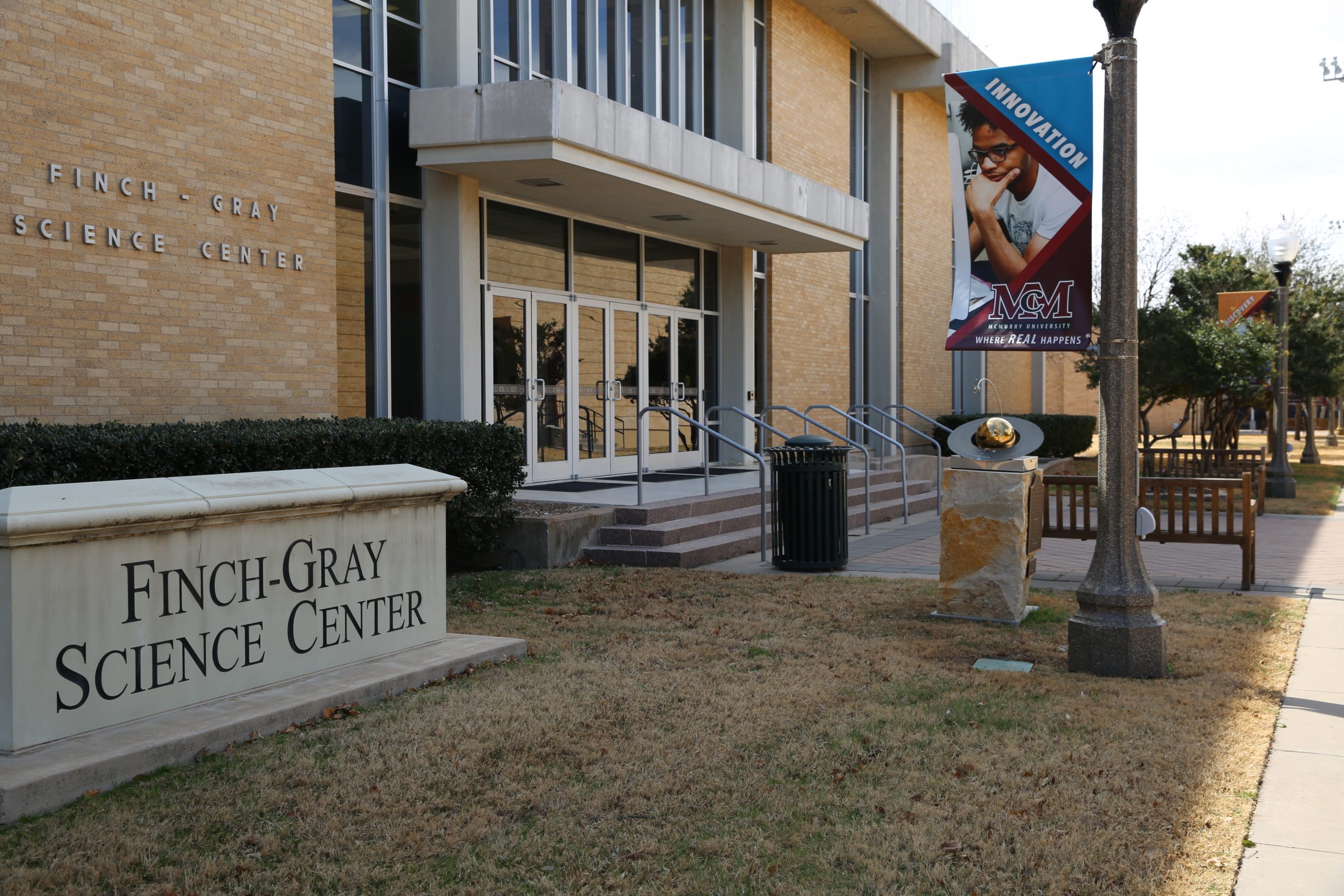You’ll focus on major fields and concepts in biology and biomedical science. The strong foundation you gain will prepare you for a range of careers, including science education and advanced studies in allied health.
Visit the departmentIf you’re interested in all facets of biology, your McMurry life science studies will provide a broad exposure to life in all its forms. Taught by expert professors in small classes, the dynamic curriculum features strong human, animal, plant, microbe, molecular, genetic, physiology and ecology components. With a minor in curriculum and instruction, you’ll be well prepared for certification as a science educator. In your senior year, your internship or capstone or research project will bring everything you’ve learned into focus.
What You Can Earn
Bachelor of Science in Life Science
You’ll complete at least 120 credit hours, not including developmental courses. At least 39 hours will be at an advanced level.
Minor Required
Choose a minor in any other field of interest or Curriculum and Instruction if you’re pursuing teacher certification.
Bachelor of Science in Life Science Grades 7-12
You’ll complete at least 120 credit hours, not including developmental courses. At least 39 hours will be at an advanced level. This degree requires a minor in curriculum and instruction for teacher certification in grades 7-12.
Minor in Curriculum and Instruction Required
A minor in curriculum and instruction for teacher certification in grades 7 -12 is required for this degree.
You’ll develop a strong foundation of biology knowledge and skills that sets the stage for advanced study and professional success. Life science graduates pursue careers in a variety of fields, including science education, allied health, science-related sales and more.
